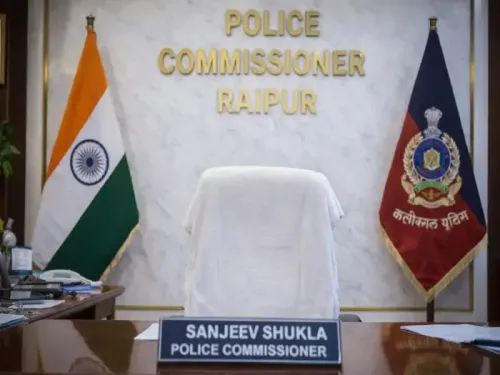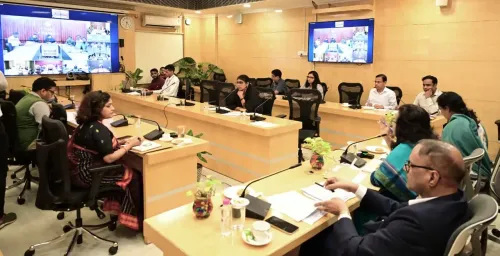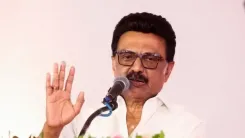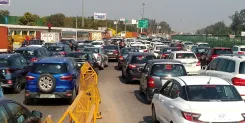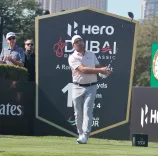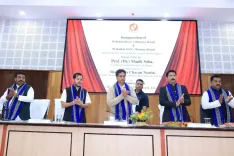Is Trump Targeting a Nobel Peace Prize While Hinting at War with Venezuela?
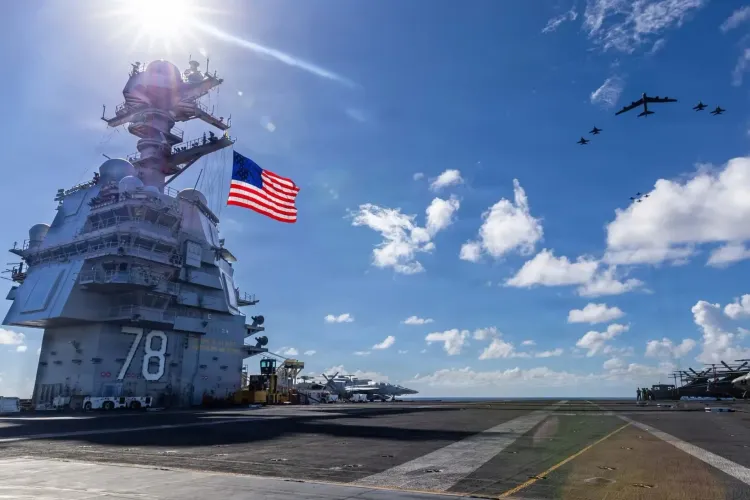
Synopsis
Key Takeaways
- Trump's dual approach indicates a potential shift in US foreign policy.
- Tension with Venezuela is escalating amidst military deployments.
- Dialogue with Maduro remains a possibility, despite conflict rhetoric.
- The war on drugs is a central theme in Trump's strategy.
- Operation Southern Spear represents a significant military initiative.
New York, Nov 20 (NationPress) US President Donald Trump may be pursuing the Nobel Peace Prize, yet he is simultaneously conveying contradictory signals regarding a potential conflict that could lead to war with Venezuela.
As tensions escalate with Venezuela's President Nicolas Maduro, who is supported by Russia and Cuba, Trump is integrating this situation into his broader struggle against narcotics, rather than positioning it solely as a regime change in a nation viewed as an epicenter of anti-US sentiment.
Secretary of State Marco Rubio has labeled Maduro as the leader of the Cartel de los Soles, which the United States has classified as a narco-terrorist entity, thereby designating him more as a drug lord than a legitimate head of state.
Many in Trump's MAGA (Make America Great Again) base are opposed to foreign military interventions, drawing lessons from the challenges in Iraq and Afghanistan. Trump has also criticized military actions taken by previous administrations.
If his campaign of psychological intimidation through naval and aerial maneuvers fails to force Maduro's removal or capitulation, Trump could leverage the war on drugs narrative to effectively enact a regime change.
When questioned by a reporter on Monday about the possibility of a ground invasion, Trump replied, “No, I don't rule that out. I don't rule out anything.”
“We just have to address the situation in Venezuela,” he added.
Over the weekend, the recently renamed Department of War deployed its largest aircraft carrier, the USS Gerald Ford, along with its strike fleet to the Caribbean, positioning them within striking range of Venezuela.
Approximately 15,000 troops have been stationed in the area, while reports from CBS News indicate that drones, some for reconnaissance and others equipped with missiles, have been actively surveilling the region.
Last month, Trump confirmed during a media briefing at the White House that he had authorized the Central Intelligence Agency (CIA) to operate within Venezuela.
He is linking any potential actions in this Central American nation to illegal immigration and his ongoing war on drugs.
In his words, “First of all, they have released their prisoners into the United States.”
“Secondly, there is a significant drug influx from Venezuela,” he added.
Despite his military posturing, Trump has expressed a willingness to engage in dialogue with Maduro, who has a US bounty of $50 million.
“We might be having some discussions with Maduro, and we’ll see how that unfolds,” Trump stated on Sunday.
When asked if these constituted negotiations, he dismissed the notion, asserting, “I talk to anyone; I talk to you.”
In an apparent appeal for peace, Maduro, known for his theatrical rhetoric, even referenced John Lennon, singing, “Imagine all the people...” from Lennon’s anti-war anthem before switching back to Spanish and encouraging the audience to look up the lyrics.
Maduro, who faces accusations from the previous Joe Biden administration of having manipulated last year’s Venezuelan presidential elections, has been persistently charged with human rights violations and suppressing democracy during his 12-year leadership.
Trump, whose foreign policy does not prioritize democracy, has criticized the regime change strategies of his predecessors.
However, the issue of drugs is treated differently. His administration initiated an anti-drug offensive last September, resulting in military actions that have targeted at least 22 vessels on the high seas, leading to the deaths of over 80 individuals alleged to be transporting narcotics.
Secretary of War Pete Hegseth has dubbed the recent Caribbean deployment as Operation Southern Spear, marking an escalation in the anti-narcotics campaign.



